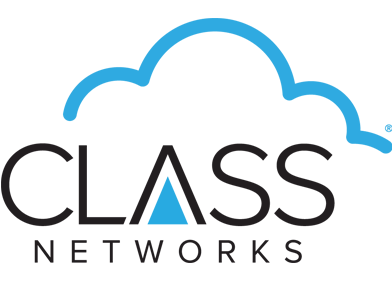Since the turn of the millennium, the way in which we work, communicate and consume products and services has undergone a significant change. Technology, connectivity, device proliferation and a flexible working revolution has transformed work from somewhere you go, to something you do.
Mobility has broken down the barriers of geography and availability that restricted small organisations’ ability to compete effectively and has brought with it improvements in productivity, responsiveness, customer service and cost management.
Far from an IT fad, mobility will become the business norm for workers across organisations of all shapes and sizes. Arguably, more than any other technological advance over the past decade, mobility has also impacted on consumer behaviour.
It is this combination and convergence of consumer and commercial activity that will see mobile become the commercial platform of the future.
Last year, the amount of time we spent on mobile applications exceeded that spent on desktops. We open more emails on our phones than we do on our computers and we have become efficient, multi-device users. Seamlessly moving from desktop to tablet to smartphone as conditions dictate.
This device mobility has an impact on the way we interact with staff, trustees, donors and suppliers. Users will default to their device of choice, which could add complexity to small business IT – requiring support for multiple devices, multiple platforms and multiple applications.
However, flexibility doesn’t have to mean cost or complexity. Hosted telephony and desktop applications allow organisations to standardise work environments across multiple devices, provide instant access to essential data and applications and enable people to work anywhere.
IP telephony replaces standard fixed-line contracts and delivers both resilience and flexibility. Adding, changing or removing users couldn’t be simpler and you only pay for the services you use. The same flexibility and scalability applies to essential business applications, such as email and MS Office.
Providing ubiquitous access to your business applications, either via the Cloud or made available for consumption on mobile devices, means there is no longer a need to administer multiple software updates for multiple platforms. Everyone uses the same version, so there is no longer a need to maintain in house servers or worry about backing up key applications. All you need for business-as-usual is the right data centre infrastructure, access to the internet and the mobile device of your choice.
This ease of scalability is vital for organisations that experience seasonal changes in demand for IT or communications resources as they never find themselves under or over resourced.
If you would like to understand more about the benefits of mobile and flexible working, call Class Networks now on 0333 800 8811 or email contact@classnetworks.com
Posted in News
